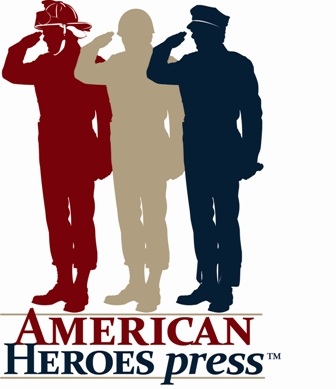(Click on book title for details or purchase)
Stalin and His Generals: Soviet Military Memoirs of World War II
Professor Bialer has compiled a significant source of information on the World War II Soviet Army and its officers.
This volume includes translated selections from the memoirs of forty-five leading Soviet Army officers that describe command
relationships with Joseph Stalin. Bialer also includes excellent editorial introductions and explanatory annotations.
Russia's Crimean War
This detailed, scholarly book describes early Russian campaigns against the Persians, Turks, and Poles; assesses
Nicholas as a commander; and discusses the structure, equipment, training, and life of Russian Army soldiers. Also included
is an account of the Crimean War.
White Eagle, Red Star: The Polish-Soviet War, 1919-20
The Polish-Soviet War of 1919-20 was an independent Polish enterprise that brought Poland independence for twenty years. This volume examines the military,
political, and diplomatic events of the Polish-Soviet War and reviews their significance. Also included is a chapter that
analyzes the August 1920 Battle of
Warsaw.
The Road to Berlin: Continuing the History of Stalin's War With Germany
This comprehensive account of warfare on the Eastern Front in World War II (1943-45) contains 640 pages of text
and is a first-rate study.
The Road to Stalingrad: Stalin's War With Germany (Erickson, John, Stalin's War
With Germany, V. 1.)
This thorough, detailed, and well-written book shows why Erickson is the world-recognized expert on the Soviet military
in World War II.
The Soviet High Command: A Military-Political History, 1918-1941 (Soviet (Russian)
Military Experience Series)
Erickson presents an excellent study of Soviet Army command from the Russian Revolution to World War II. The chapters
on Frunze (the Soviet Clausewitz) are essential
for an understanding of Soviet military thought.
Soviet Operational and Tactical Combat in Manchuria, 1945: August Storm (Cass Series
on Soviet (Russian) Military Experience, 8)
Colonel Glantz, a former instructor at the U.S. Army War College and an expert on World War II Soviet military history,
provides detailed case studies of various levels of Soviet command that illustrate the state of Soviet military art in 1945.
The Soviets have found it useful to study this campaign.
The Soviet Strategic Offensive in Manchuria, 1945: August Storm (Cass Series on
Soviet (Russian) Military Experience, 7)
In this work, the author provides an informative study of the Soviets' rapid campaign against Japan. This volume is useful for students
of Soviet offensive military doctrine.
Life and Fate: A Novel
Vasily Grossman (1905-64), a novelist and Soviet war correspondent during World War II personally witnessed the
defense of Stalingrad, the capture of
Berlin, and the horrors of the Holocaust.
In this epic novel, which was banned in the Soviet Union, he vividly portrays his experiences. U.S. Army Soviet foreign area officers recommend this
work for its unique account of life in the Soviet military and society during World War II.
Soldiers of the Tsar: Army and Society in Russia, 1462-1874
Professor Keep, in this well-researched and clearly written work, outlines the development of the Russian Army from
its medieval origins to the introduction of universal military service in 1874. He devotes particular attention to such themes
as the evolution of the service state, recruitment, army life, the officer corps, financial difficulties, and the military
in politics.
White Against Red; The Life of General Anton Denikin
This detailed biography of a leader of the White Army's opposition to the Bolsheviks in the Russian Civil War was
written by a veteran of Deniken's army. Readable and informative, this volume examines military tactics and operations, as
well as political considerations.
Inside the Soviet Army
A former Soviet officer who defected to the West provides a fascinating account of the Soviet Army, including its
doctrine, weapons, and tactics. This highly controversial and opinionated book should be read with caution, particularly the
sections on high-level command and organization.
The End of the Russian Imperial Army: The Old Army and the Soldiers' Revolt (March-April
1917)
In this work, Professor Wildman focuses on the role of the Russian Army in the 1917 Revolution. He examines the
czar's army during the early 1900s and then concentrates on the soldiers' mutiny. Emphasis is on the World War I Russian soldiers'
perception of the revolution and the resultant actions.
